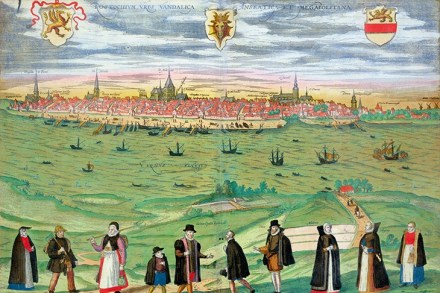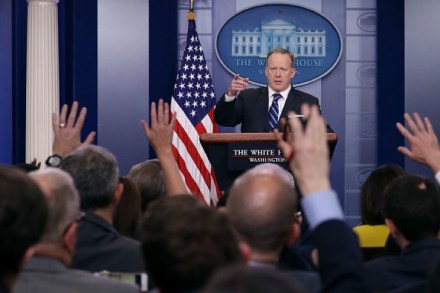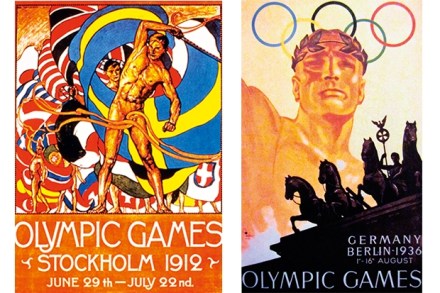Nazis and the dark arts
When he came to power Hitler had a dowser scour the Reich Chancellery for cancerous ‘death rays’. Before flying to Scotland Rudolf Hess had his horoscope drawn up by a personal astrologer. Himmler backed research on the Holy Grail and medieval devil worship (‘Luciferism’) and sent an SS expedition by the explorer Dr Ernst Schafer to Tibet in 1938 to investigate the ancient Indo-German ‘Aryan’ origins of Buddhism. Himmler also founded the SS Witches Division, which collected evidence in eastern Europe in the second world war that Teutonic ‘wise women’ had been persecuted and burnt in a Jewish-Catholic Inquisition plot against volkisch German culture and blood. In 1939 Goebbles sat




















